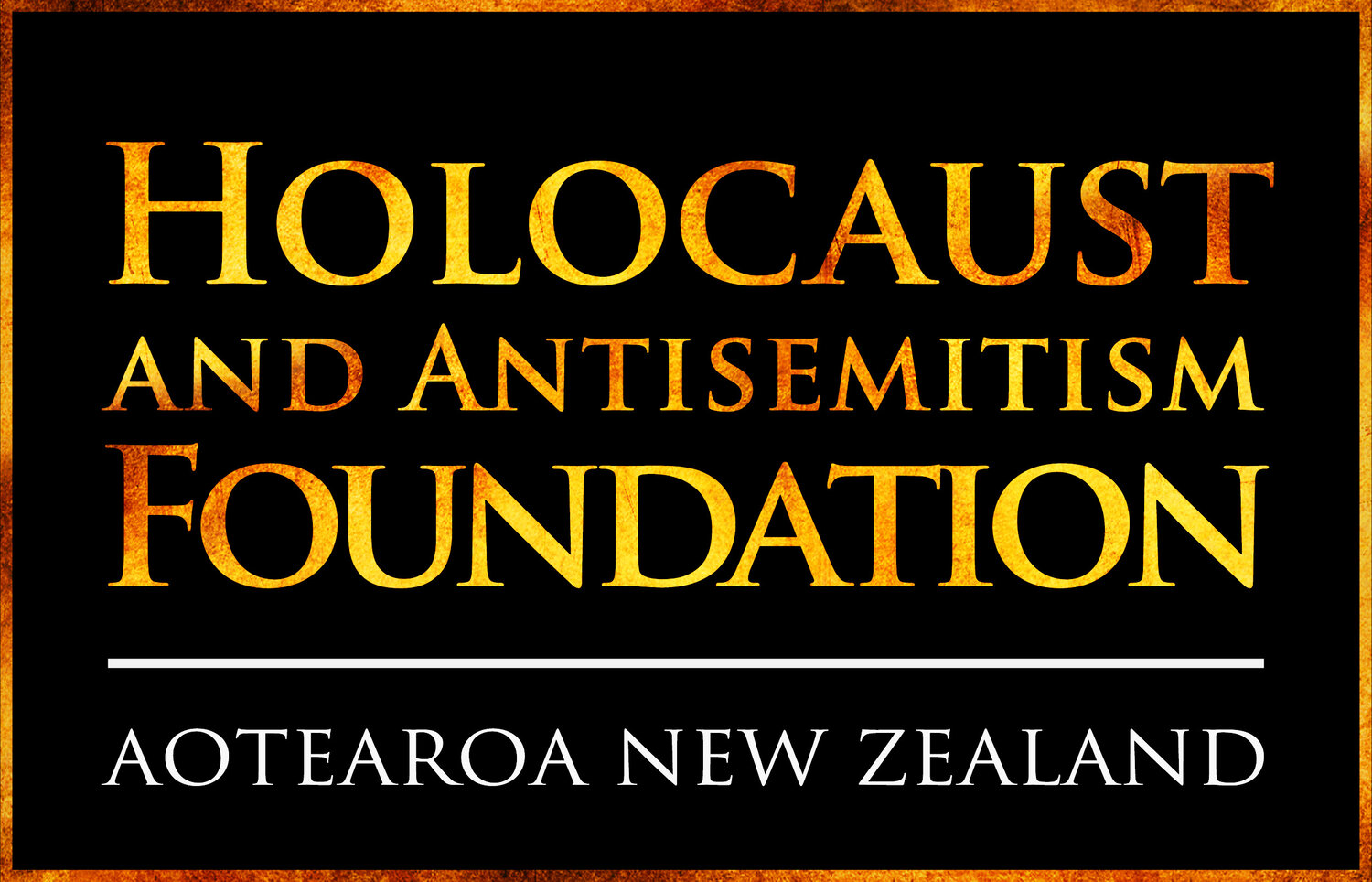Vaccines, Mandates, and the Holocaust
The systematic murder of six million Jews is an event of such monstrous proportions that it has entered popular culture as a kind of archetypal symbol. For many it functions as shorthand for ultimate evil.
When passions are aroused and there is the urge to denounce one’s opponent in the strongest terms, or cast a movement, ideology or event as profoundly evil, terms such as Nazi, Holocaust, Hitler and Auschwitz, are amongst the most powerful in the verbal toolkit. What could be more vilifying and damning, yet crisp and succinct than these code words for supreme evil?
While Holocaust awareness is declining at an alarming rate, Holocaust and its associated terms remain the most potent in our vocabulary and have lost none of their popularity. What they have lost, at least in popular parlance, is their specificity and particularity.
That the Holocaust represents ultimate evil is not in question. But the evil in question was of a certain kind - and its most targeted victims were of a particular people. Its unique historical context is ignored, hidden, and by inference denied, when the Holocaust is harnessed in service of other causes, no matter how worthy or unworthy those causes may be.
In most cases, those today labeled “Nazis” are not Nazis. Similarly, that which is casually called “Holocaust” is not the Holocaust. What may provide the utmost emphasis in social media posts, political rhetoric or even certain academic papers, does harm to an event that stands unique in history. And such behaviour is intellectually dishonest.
We have seen the Holocaust (ab)used in rhetoric around vaccines, mandates, civil rights, animal rights, gay rights, racism, abortion, totalitarianism, sex trafficking and more.
And we have even seen those charged with custodianship of Holocaust memory stray from their mission by illicitly linking to other causes. The impulse to make common cause or modify the message so as to make it more palatable is readily understood. Even Anne Frank’s father consented to the editing of Anne’s writings in order not to offend German readers. Anne’s story as it is most often presented today is, according to a number of scholars, de-Judaised, sanitised and universalised. One scholar has said it “enacts in its very text a designed avoidance of the very experience it is reputed to grant us…”
Reality is less palatable - and of course much less marketable. The Holocaust faithfully presented is deeply and necessarily confronting. And it is that confrontation that is lost when Holocaust terminology and imagery is hijacked in popular discourse around vaccines and mandates.
When opponents of government overreach don yellow stars and deface politicians’ images with moustaches, they do their cause no good and misuse history - a history that is increasingly under assault from both friend and foe.
It is never the right time to invoke, universalise or otherwise use the Holocaust.
Never.
